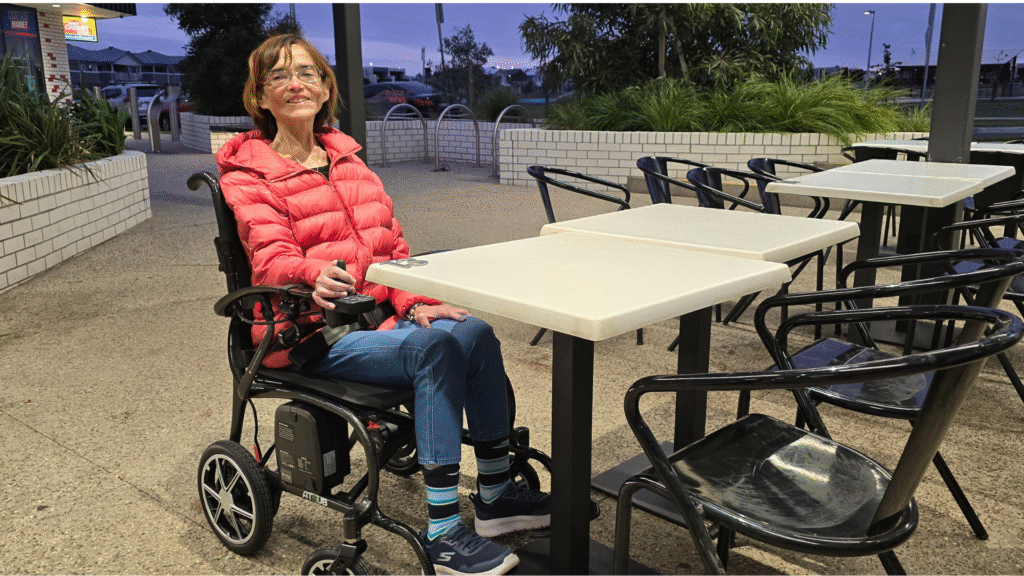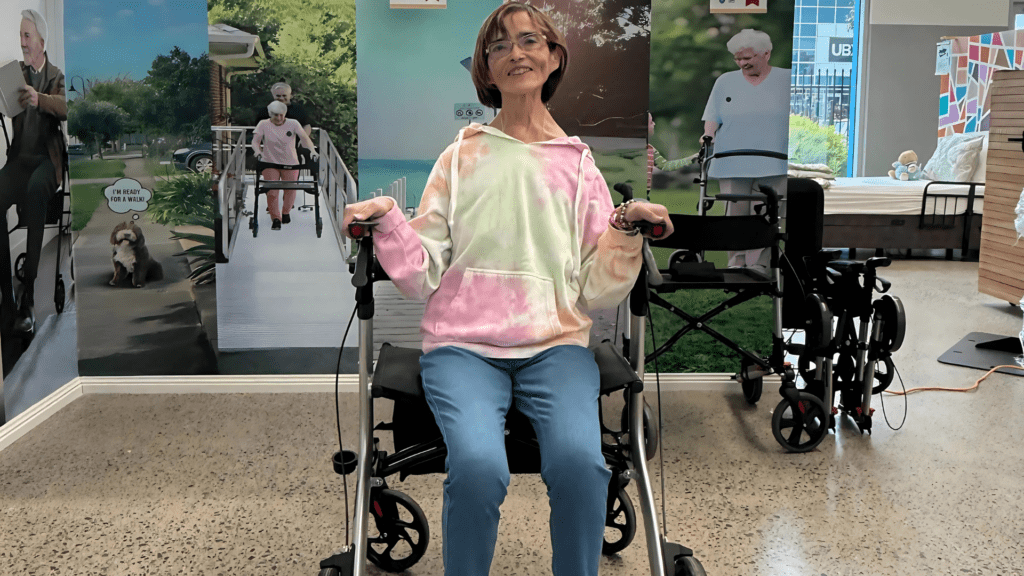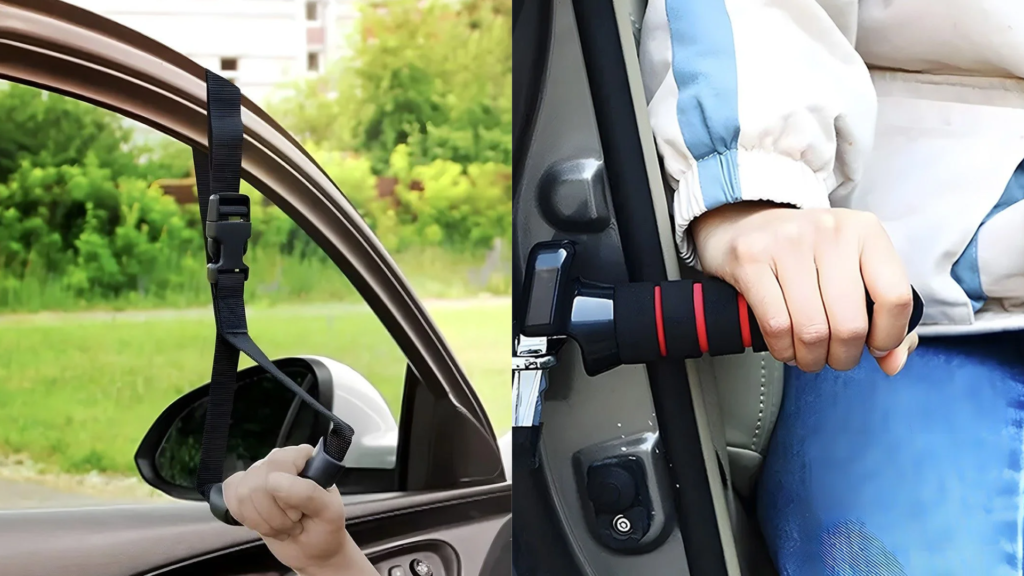Selecting the right wheelchair is a critical decision that can greatly impact an individual’s independence, mobility, and overall quality of life. Whether you are an elderly person, a carer, an NDIS participant, or an allied health professional, understanding the various types of wheelchairs, their features, and funding options is essential. This guide will help you navigate the process of choosing the most suitable wheelchair for home, community, and medical use.
Introduction: Why the Right Wheelchair Matters
A wheelchair is more than just a mobility aid—it’s a tool for freedom and independence. The right wheelchair can improve posture, reduce fatigue, enhance safety, and allow users to engage fully in daily activities. Electric wheelchairs, also called power wheelchairs, are ideal for those who require assistance with mobility over longer distances or have limited upper body strength.
At Care With Us Australia, we offer a wide selection of Power Wheel Chairs designed for comfort, durability, and adaptability to meet the needs of seniors, NDIS participants, and allied health clients.
Types of Wheelchairs: Manual, Electric, Folding, and Power Assist
Wheelchairs come in several types, each suited to specific needs:
- Manual Wheelchairs: Lightweight and simple to use, best for users with sufficient upper body strength or for short distances.
- Electric Wheelchairs / Power Wheelchairs: Battery powered, ideal for users needing extended mobility with minimal effort.
- Folding Power Wheelchairs: Convenient for transport and storage, combining mobility with portability.
- Manual Wheelchairs with Power Assist: Provide extra push when needed, giving flexibility between manual control and powered support.
For specialized needs, explore options like the Carbon Fibre Power Wheelchair or the Fully Automatic Reclining Power Wheelchair which offer advanced features for comfort and accessibility.
Key Features to Consider: Battery, Speed, and Maneuverability
When selecting an electric or power wheelchair, consider:
- Battery Life: Longer battery life supports extended daily use and outdoor mobility. Check options like the Carbon Fibre Wheelchair Battery.
- Speed: Balance between safety and efficiency, typically between 4–8 km/h for indoor/outdoor use.
- Maneuverability: Compact design and turning radius are crucial for navigating tight spaces at home.
- Weight and Portability: Especially important for users who need to transport the wheelchair in a vehicle.
Comfort and Support: Cushions, Reclining, and Ergonomics
Comfort is vital for long-term use. Features to consider:
- Cushions: Prevent pressure sores and improve posture. Wheelchair Cushion options vary from memory foam to gel pads.
- Reclining and Tilt: Adjustable backrests and tilt functions relieve pressure and provide a more comfortable seating position.
- Ergonomics: Ensure seating and controls suit the user’s body type, strength, and mobility requirements.
Safety Considerations: Brakes, Seatbelts, and Anti-Tip Features
Safety should never be compromised:
- Brakes: Ensure easy-to-use manual or electronic braking systems.
- Seatbelts and Harnesses: Essential for users with limited mobility or balance issues.
- Anti-Tip Features: Protect against accidental falls, particularly on inclines or uneven terrain.
NDIS Approval and Funding: What You Need to Know in Victoria
Many electric and power wheelchairs are eligible for NDIS funding in Victoria. Key points:
- Confirm whether the wheelchair is NDIS-approved and meets assistive technology standards.
- Funding may cover full or partial costs for eligible participants, including custom configurations for occupational therapy or allied health referrals.
- Explore options like home trial electric wheelchairs for NDIS participants to ensure suitability before purchase.
Choosing the Right Wheelchair for Daily Activities and Home Use
Consider the environment and daily tasks:
- Indoor use requires compact and highly maneuverable models.
- Outdoor use may require durable tires and robust battery life.
- Social and community activities might benefit from folding or transportable designs.
Selecting a wheelchair with features tailored to the user’s daily routine ensures independence and improves quality of life.
Maintenance, Accessories, and Customisation Options
Regular maintenance extends the lifespan of your wheelchair:
- Charge batteries as recommended to maintain performance.
- Keep wheels and motors clean and lubricated.
- Explore accessories like cushions, trays, storage pouches, and ramps to customize the wheelchair for comfort and convenience.
Visit the Care With Us Store to browse accessories and replacement parts.
Conclusion: Making an Informed Choice for Independence and Mobility
Choosing the right wheelchair—whether electric, power, or manual—requires careful consideration of comfort, safety, mobility, and funding options. With the right combination of features and accessories, a wheelchair can provide independence, improve quality of life, and enhance participation in daily activities.
View All Wheelchairs | Enquire About a Product | Contact Us
FAQs
Q1. What is the difference between an electric wheelchair and a manual wheelchair?Electric wheelchairs are battery powered and require minimal effort to move, suitable for longer distances or users with limited strength. Manual wheelchairs rely on the user or carer to push and are best for short distances or active users.
Q2. Can NDIS participants in Victoria get funding for electric wheelchairs?Yes. NDIS-approved power wheelchairs may be funded fully or partially for eligible participants, including models with specialized features for comfort, safety, or allied health recommendations.
Q3. How do I choose the right battery powered wheelchair?Consider daily distance, terrain, battery life, weight, and portability. Ensure the wheelchair is compatible with the user’s home environment and lifestyle.
Q4. Are folding power wheelchairs as durable as standard models?Modern folding power wheelchairs are designed for portability without compromising safety or durability, making them ideal for transport and storage.
Q5. What accessories can improve wheelchair comfort?Cushions, adjustable backrests, seatbelts, trays, and storage pouches enhance comfort, safety, and usability. Products like wheelchair cushions and carbon fibre battery upgrades are commonly used.



